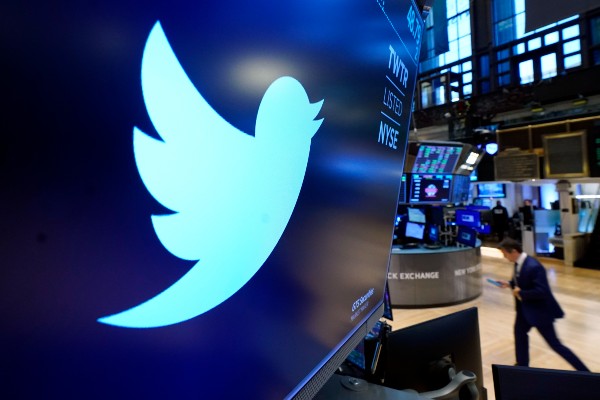
According to various publications including Bloomberg and CNBC, Elon Musk notified Twitter (TWTR) that he will go through with the purchasing of Twitter for $54.20, above our standalone Twitter fair value estimate of US$44 (and above the FactSet consensus estimate of $40). This was confirmed later by Musk’s 13D filing. Trading in the stock was halted for some time. We are raising our valuation of Twitter to $54.20 as the likelihood of either side now stepping away from the transaction is minimal.
According to CNBC, the deal could close by the end of this week. As we mentioned in our July note, we think there are various reasons why Musk came back to the table and stuck with his original offer as he and his legal team likely saw the upcoming court battles against the firm unwinnable and/or very costly.
While Twitter is different from most social media platforms, this deal indicates that discounts given to stocks like Meta, Pinterest, and Snap relative to our fair value estimates are not warranted. Based on FactSet consensus estimates, Musk is purchasing Twitter for 7.4 times and 34.1 times 2023 sales and adjusted EBITDA, respectively. Five-star-rated Meta is trading at 2023 sales and adjusted EBITDA multiples of 2.6 and 6, respectively. The faster-growing Pinterest is trading at 4.1 and 25.2 times while Snap is at 2.9 and 19.4 times, respectively. Our fair value estimates for Meta, Pinterest, and Snap remain at US$346, US$46, and US$27, which represent price/fair value estimates of 0.41, 0.54, and 0.39, respectively.
We did think that the firm had a strong case against Musk mainly due to the difficulty that we assumed Musk and his legal team had regarding the spam user count dispute as they would have to display in detail their complete findings and the process behind it in court, which we deemed was a heavy burden. Plus, in our view, Twitter likely had a solid argument that its various operational decisions represent an ordinary course of business.
We think that under Musk, the platform could experience mixed reactions from large advertisers who likely will assume the content on the platform will become even more heavily weighted toward politics, given the history of Musk’s interaction on the platform, plus the upcoming midterm election in the US. However, at the same time, Musk’s strong following could benefit the firm’s subscription revenue model.




















